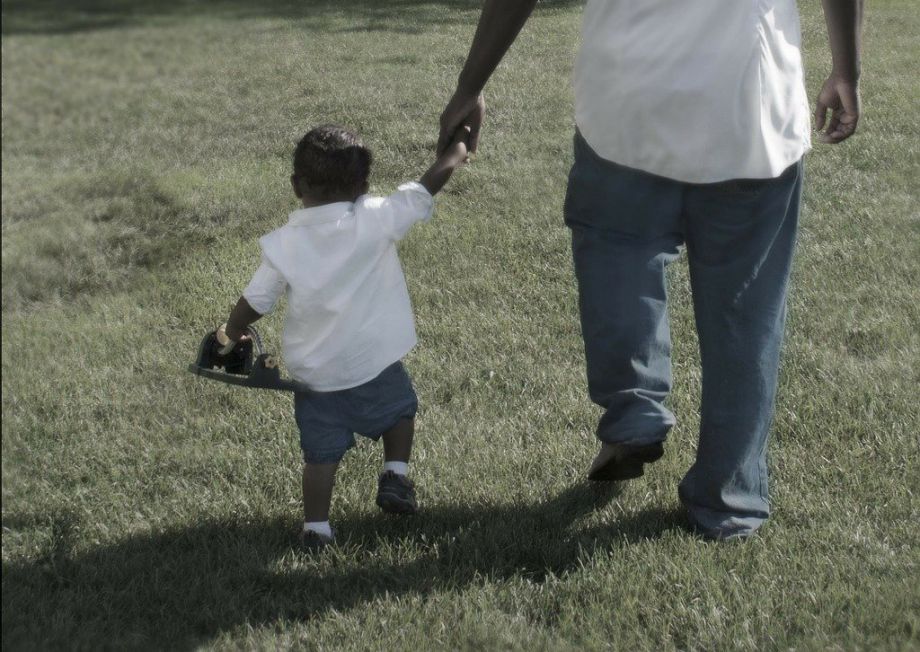Anywhere in the country, Black children are more likely to be removed from their parents and put in the foster care system. In New York’s Nassau County, the department of children’s services decided to find out what happens when decisions about whether to remove a child from a home are race-blind. Would fewer Black children end up in the system?
In this episode of the podcast, Next City executive director Lucas Grindley talks with investigative solutions reporter Steve Volk from our partner, Resolve Philly. Volk’s series of stories asked, “Can Racial Bias Be Corrected in the Child Welfare System?” We also meet Jessica Pryce who was a researcher tasked with determining whether Nassau County’s “blind removal” meetings made a difference.
Pryce says the meetings challenge the system’s inherent biases. “One of the questions or the concerns or the pushback that I get is folks that are saying, ‘We're not racist, we're making decisions based on safety, we're not using our biases to do this,’” says Pryce, who is now executive director of the Florida Institute for Child Welfare. “‘And my answer to that — and it's a short answer right now but it's obviously more complicated — but my short answer to folks is, we all have biases.”
Listen to this episode below or subscribe to Next City’s podcast on Apple and Spotify.









